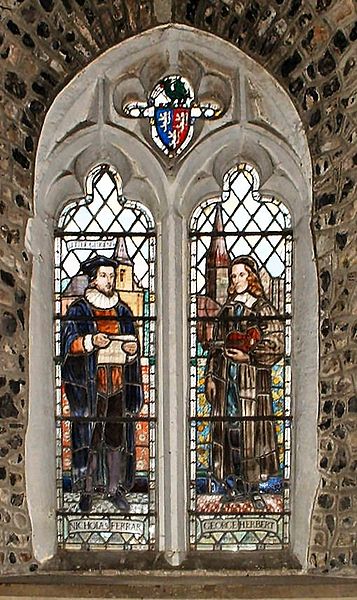Ruth of Moss and Jones asks:
What are your earliest music experiences? What do you remember, perhaps vaguely, being played in your house when you were a toddler / pre-school aged child?
This is interesting: I think for me, the first question and the second aren’t necessarily the same.
My instinctive answer to “What are your earliest music experiences”, you see, isn’t to do with listening to music but with making music. I remember going to some sort of group (possibly at a church?), sitting in a circle on the floor, singing. I have some memories of Suzuki-style violin lessons, of a bow control exercise where I had to thread the bow through a circle made with my father’s hands, of playing “Mississippi River” in a group with many other children. I remember piano lessons with a nice lady who also gave me green Jell-O to eat, and playing “Mister sun, show your face, frighten all the clouds away, please make haste!” on the two black keys of the piano above Middle C. I have vague recollections of another song, too, one about a rooster perhaps?
Listening is harder, but I remember my mother playing a song called “The Snowman” on the piano — no, not “I’m Walking On The Air” from this film, a different one. I liked to hold myself up on the arms of two adjacent chairs and swing my body back and forth in time to the music. There was also a song about a train that said “No, I choo, I choo choo choo choo choo”: a quick internet search shows it attributed to this book, which is now out of print; I’m sure I remember scribbling on it. I have a visual, but not aural, memory of my mother and father playing together: I imagine them playing the Fauré Berceuse they played at my wedding, but I have probably superimposed that on the image because I later played the piano part for it myself.
I remember “Hush a bye, don’t you cry” sung, I think by my paternal grandfather. My grandfather also sang “There was an old woman who had a little pig”, and had a grandfather clock which every hour played a tune that I remember as being the second quarter, and final scale, of the tune described here as “Whittington Tune Generally Used After 1950 Except by Herschede and Elliott”. (At the quarter hours it chimed gently, but I don’t remember a tune. I suppose I could ask my uncle to record it for me if the clock still works, and there’s no good reason it shouldn’t!). I remember getting ready for bed in time to hear the clock chime, then going upstairs to my dad’s old room to be tucked in. I have a vague memory of my grandmother playing the piano, too, but I do not remember what she played.
My dad sang “The grand old Duke of York” to me, and various other songs too, I think, and this afternoon visiting a friend whose child I teach, I had great fun with “There once was a man named Michael Finnegan” and “There’s a hole in my bucket”. I’m not sure when I learned those two, I may have been a little older, but car journeys with my father invariably involved singing, much to the embarrassment, once we were teenagers, of a friend who sometimes came with us.
My earliest musical experiences I don’t remember. While my mother was pregnant with me, she was an organist at St Andrew’s United Church in Moose Jaw, Saskatchewan, and I certainly would have heard hymns then from the 1980 red Hymn Book that was jointly produced between the United Church of Canada and the Anglican Church of Canada. It still has one or two of my favourites in it, and I haven’t found them anywhere else. Those hymns continued to be part of my soundscape until I was thirteen and we moved to a church that used another hymnal (and had an organist who wasn’t my mum!). Another thing I would have heard even in the womb would have been the six-volume series “Old English Organ Music for Manuals”, edited by C. H. Trevor, which I use today too. It certainly comes in handy when the pedals don’t work reliably!
I know there was a record (an LP, for you kids) of Peter and the Wolf about when I was very young, and I used to listen to it and follow along in the book. I don’t really have any memories of listening to the radio or other recorded music until I was a little older, maybe six or seven. Both my parents were CBC FM fans, which meant lots of classical music, especially on car journeys, and Choral Concert on Sunday mornings if we were home at the right time. But most of those memories are from later, when my mum and stepdad and I had moved to New Brunswick, not from my very early years. Also in New Brunswick I remember picking out hymn tunes by ear on the piano.
My earliest musical memories are of live music, not recorded. Some of it was professional-quality performance, some of it was grandparents singing and playing to a child, some of it was my own inexpert fumbling with a violin bow or trial-and-error attempts at playing the piano.
So it’s perhaps no wonder that these days, most of the music I hear, I play myself.










